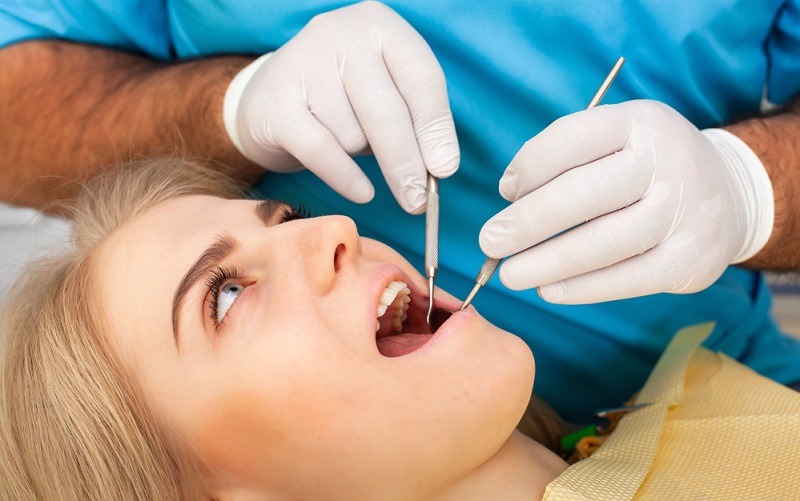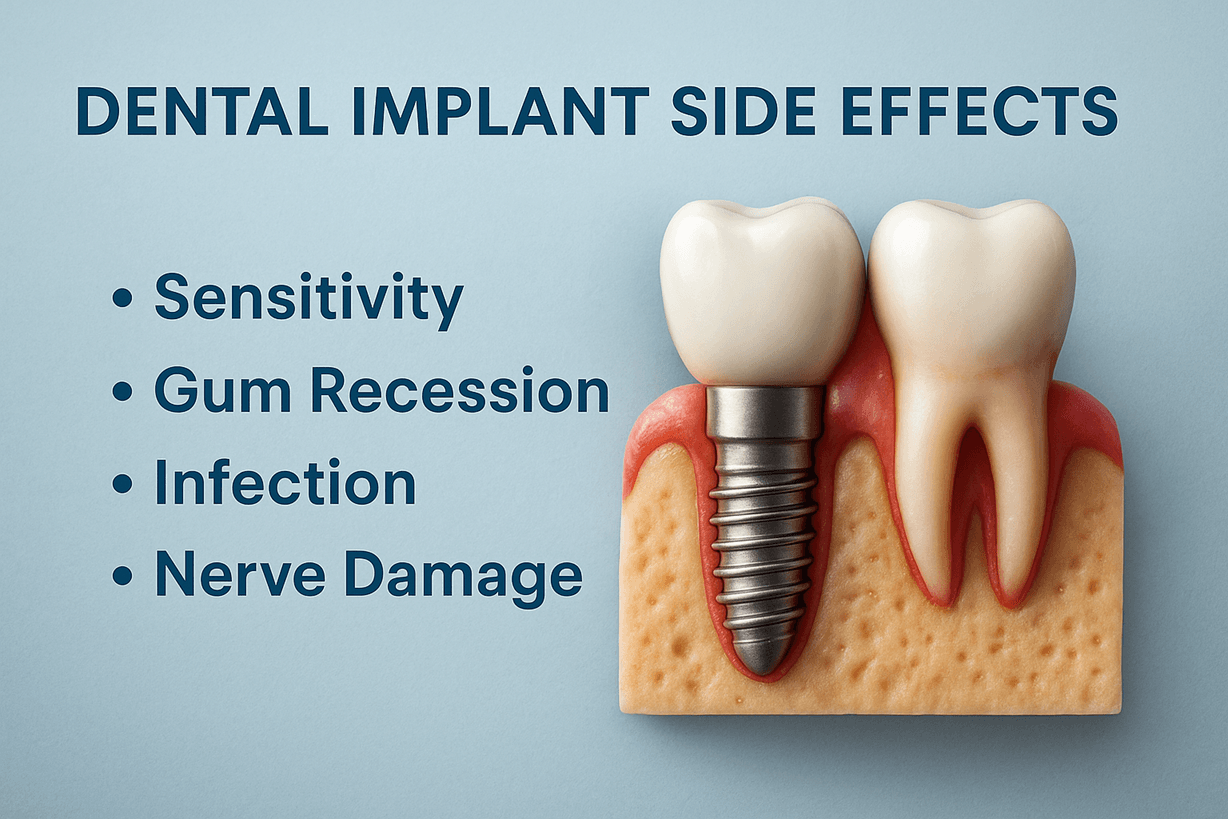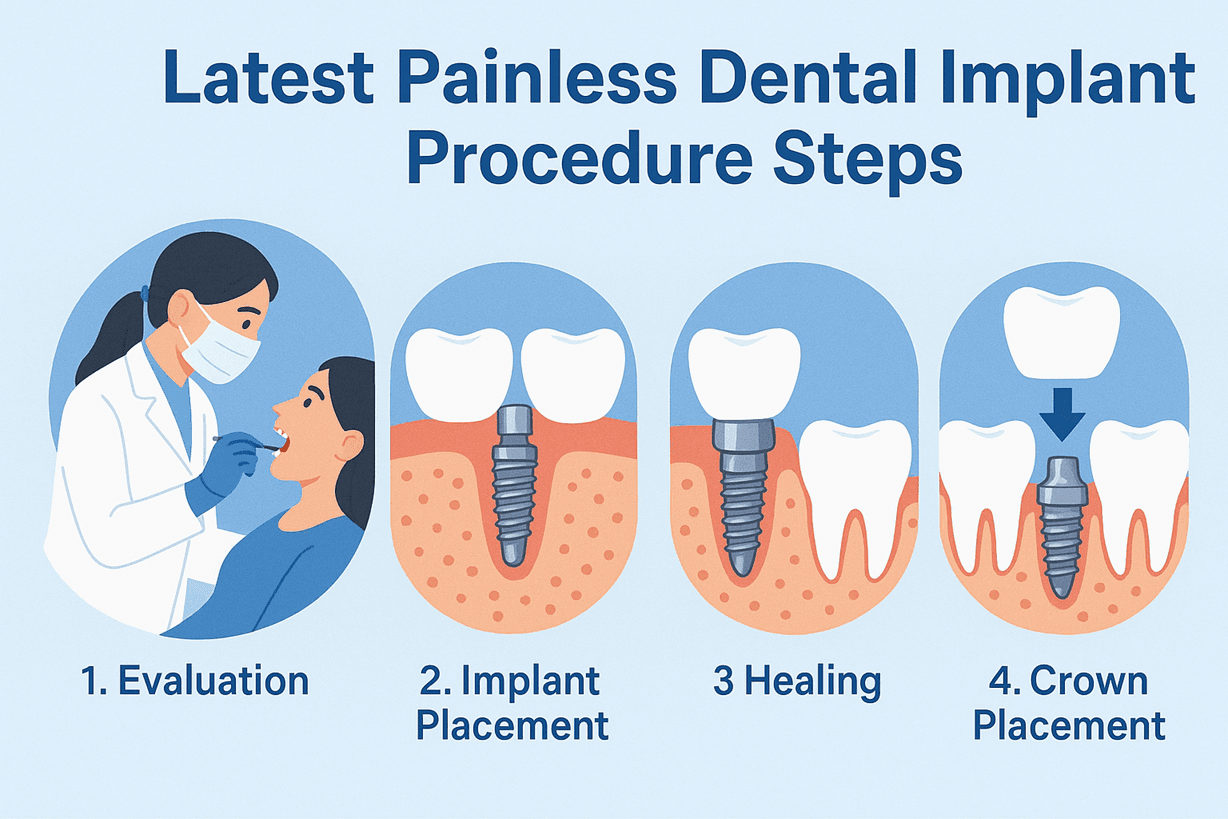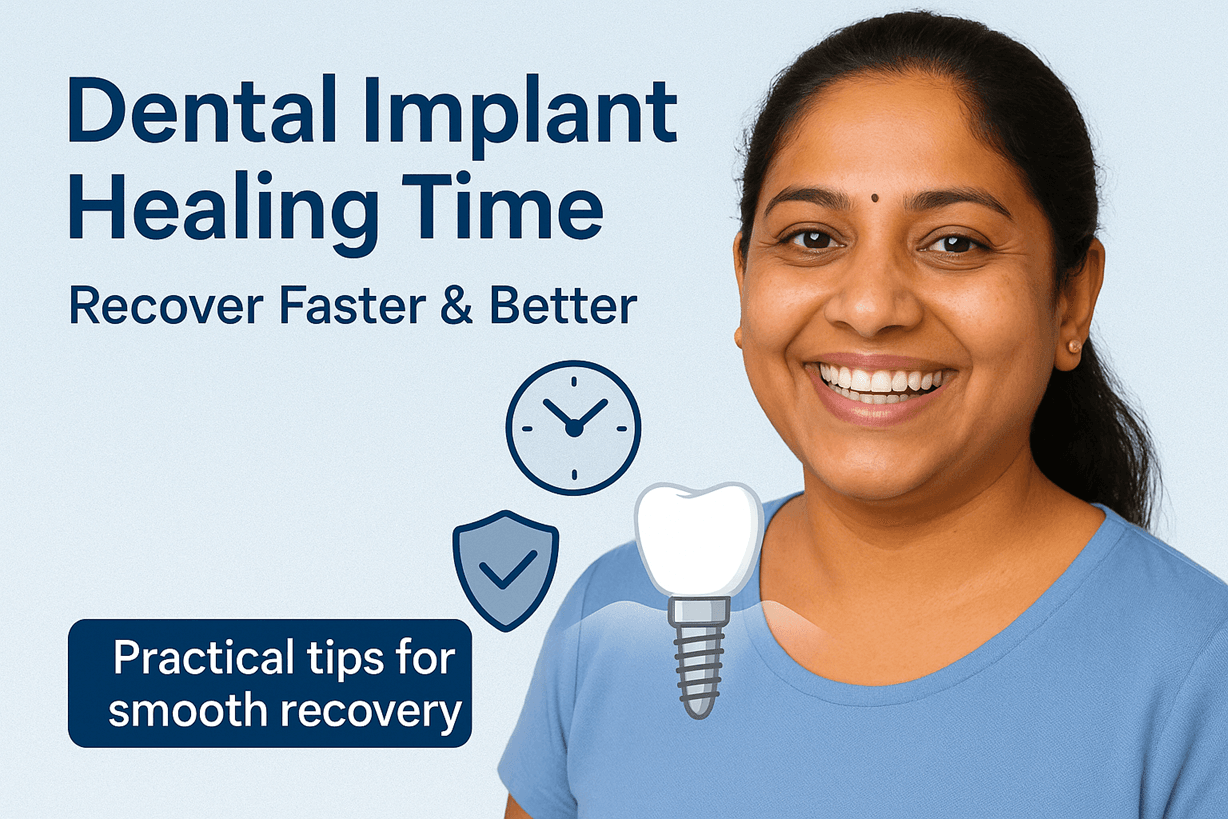Contents

Wisdom teeth extraction is a frequent dental surgical treatment. Whether you are a first-time patient or have already undergone surgery, it is critical to be well-prepared for what to anticipate.
We'll go over everything you need to know about wisdom teeth removal surgery in this blog article so you may be as comfortable and educated as possible.
What is a Wisdom Tooth?
Wisdom teeth are the third and final set of molars that usually erupt in a person's mouth between the ages of 17 and 25. They are so named because they appear at an age when people are believed to have attained more "wisdom."
Although wisdom teeth were once necessary for proper chewing and digestion, modern humans do not need these extra molars. In fact, many people experience complications or problems related to their wisdom teeth such as impaction, infection, or overcrowding of other teeth.
Impaction occurs when a wisdom tooth cannot fully erupt through the gum line due to a lack of space in the jaw. This can lead to pain, swelling, and infection which may require the removal of the affected tooth.
Infection is also common with impacted wisdom teeth since food particles can become trapped around them leading to inflammation and discomfort. Teeth crowding is another issue that can arise from having too many molars; it can cause misalignment of other teeth or bite irregularities.
If you think you may be experiencing any issues related to your wisdom teeth, it's important to speak with your dentist as soon as possible for evaluation and treatment if needed.
And you can do this most easily, thanks to Dezy!
Just book an appointment with Dezy and we will come home to you! Our home consultations are hassle-free, easy, and convenient. We bring the best of the dentists to you in the comfort of your home! Take a smile assessment now to know more!
Removal of impacted or problematic wisdom teeth is often recommended to prevent further complications down the line. However, not everyone needs their wisdom teeth removed - it all depends on your individual situation!
The Step-by-Step Process of Wisdom Teeth Removal Surgery!
Step-1:
The first step in the process of wisdom teeth removal surgery is for your dentist to take an X-ray of your mouth to determine the position and size of your teeth. This will give them a better idea of how best to approach the extraction.
Your dentist may then need to numb the area around the teeth with a local anaesthetic, which will help minimize any pain that you experience throughout the procedure.
Step-2:
After numbing the area, your dentist will begin by cutting away some gum tissue if needed, to access and remove your wisdom teeth properly.
They may also use special tools such as forceps or elevators to loosen the tooth from its socket before extracting it completely. If necessary, they may break down larger pieces into smaller ones to extract them more easily.
Step-3:
Once all of your wisdom teeth have been removed, your dentist will clean up any remaining debris or fragments from around the sockets and suture up any cuts or incisions that were made during surgery if necessary.
Finally, they’ll provide you with instructions on how best to care for yourself after wisdom teeth removal surgery so that you can make sure that everything heals properly and without complications!
Preparing For Your Wisdom Teeth Removal Surgery
- Preparing for your wisdom teeth removal surgery can be a stressful time, but it doesn’t have to be! To get ready for the procedure, make sure you schedule an appointment with your dentist or oral surgeon and follow their instructions closely.
- Beforehand, make sure you line up someone to drive you home after the surgery as well as any necessary pain medications.
- Additionally, don’t eat or drink anything after midnight on the day of your operation and wear comfortable clothing that won’t interfere with the anaesthesia during the operation.
- On the day of your wisdom teeth removal surgery, it is important to stay relaxed and remain in contact with your doctor should any complications arise.
- Make sure to arrive at least 30 minutes before your scheduled appointment time so that you can fill out all necessary paperwork before being taken into the operating room.
- You may also want to bring a book or music player along with headphones in case you need something distracting during long wait times in between appointments.
- After having your wisdom teeth removal surgery, rest and relaxation are key components of recovery! Your mouth will likely feel sore during this period, so take ibuprofen or other prescribed pain medications as instructed by your doctor to reduce swelling and discomfort associated with post-surgical inflammation.
- Additionally, avoid rigorous physical activity while healing as this could cause further damage and prolong recovery time; instead, focus on eating soft foods like mashed potatoes and soup until fully healed!
Benefits of Wisdom Tooth Extraction
Wisdom tooth removal surgery is a common procedure that can help prevent long-term oral health complications, such as pain and infection.
Removal of the wisdom teeth is done to make room for proper alignment of other teeth and prevent overcrowding.
It also helps improve overall oral hygiene by preventing bacteria buildup around the wisdom teeth and reducing the risk of cavities, gum disease, and other oral health issues.
Here are a few more benefits of removing your wisdom tooth at the earliest:
Reduced Pain and Discomfort:
Wisdom teeth can be extremely painful and uncomfortable. Having them removed can help to alleviate this.
Better Dental Health:
Wisdom teeth can crowd or harm neighbouring teeth. They can also be difficult to clean, increasing the risk of plaque accumulation and tooth damage. Having them removed can assist in enhancing your overall dental health.
Easier Eating:
Wisdom teeth might make it difficult to properly chew food. Having them removed can make eating much more comfortable.
Additionally, removing impacted or partially erupted wisdom teeth can reduce jaw discomfort associated with these conditions.
Another benefit of wisdom tooth removal surgery is the improved appearance of your smile. Removing any misaligned or crookedly erupted wisdom teeth can improve the symmetry of your smile and give you a straighter look overall.
In addition, this type of procedure can also help lessen facial swelling caused by infected or impacted wisdom teeth, making it easier to maintain an attractive appearance after recovery from surgery.
Finally, one more benefit to consider when deciding whether to get your wisdom teeth removed is convenience!
With a simple appointment at an experienced dental clinic and a short recovery period afterwards, you'll be back on track in no time with minimal disruption to your daily life!
Plus, with regular checkups and good oral hygiene habits afterwards—including brushing twice daily—you can help ensure that your mouth stays healthy for years to come!



